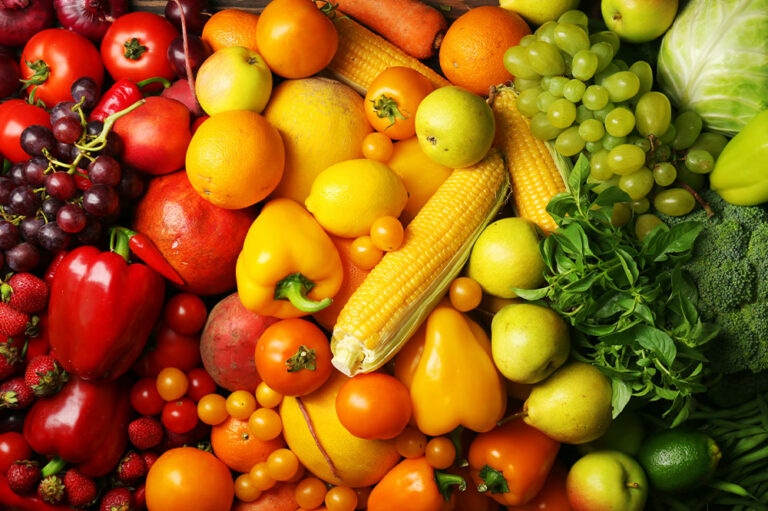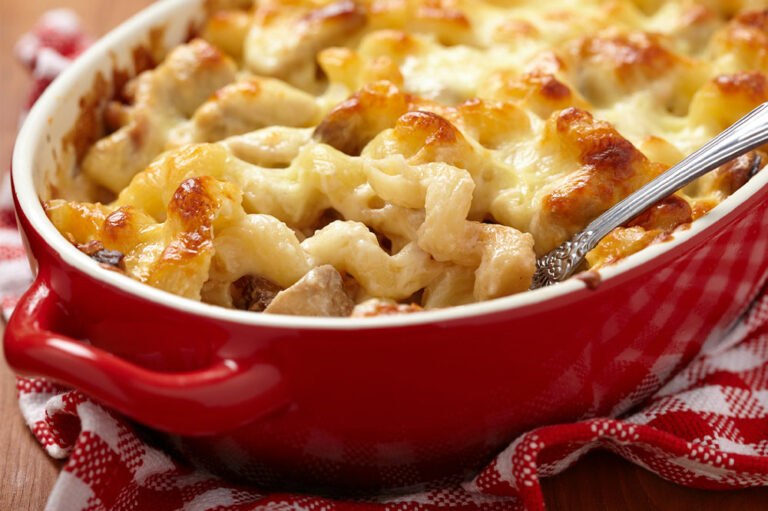
17 Healthy Foods for Seniors
To support healthy aging, it is important to prioritize nutrition and lifestyle. Eating well-balanced meals can help one stay energized, get all the nutrients required for performing daily activities, and reduce the risk of chronic health conditions such as heart disease and diabetes. On the other hand, malnutrition can weaken the muscles and bones and leave one vulnerable to diseases. To avoid this, here are some healthy foods seniors must eat regularly.
Fatty fish
Fatty fish such as salmon, tuna, and mackerel are a great source of proteins and omega-3 fatty acids, which can help protect the body from cardiovascular conditions. Seniors must try to add fatty fish to their meals at least two times a week to improve their health. Those who do not enjoy the flavor of fish may also consider omega-3 fish oil supplements.
Skinless poultry
Skinless poultry, also known as lean meats, is a great source of protein for seniors. Cuts of chicken and turkey can be prepared with herbs and spices as low-sodium meals, especially for seniors with high blood pressure.
Eggs
Egg whites are also a great source of protein and heart-healthy nutrients for elders. However, the yolks are rich in cholesterol, so, preparing eggs carefully and eating them in moderation can help seniors boost their health.
Dairy products
Dairy products are a great source of nutrients, especially calcium and vitamin D. Yogurt is an important probiotic that can help protect the gut biome. However, opt for reduced-fat or skimmed milk options to reduce the consumption of unhealthy fats. Also, avoid buying flavored dairy products as these often contain added sugars and preservatives.
Walnuts
Walnuts are another excellent source of omega-3 fatty acids, especially for vegans and vegetarians. They are a rich source of fiber and help protect heart health.
Almonds
Rich in unsaturated fats, almonds can help lower bad cholesterol (LDL) levels, making them a healthy snack or additive to meals. However, be sure to avoid almonds that have been covered in heavy salt or sugar as they may raise cholesterol levels.
Cashews
Having unsalted or low-sodium cashews in moderation can help reduce the risk of heart disease, lower blood pressure, and even improve cholesterol levels for some senior citizens with type-2 diabetes.
Papaya
Papayas are loaded with vitamin C; a single papaya contains over 200 percent of a person’s daily vitamin C intake. An important immune-boosting nutrient, vitamin C can also help reduce oxidative damage to the cells in the body and it has also been known to reduce wrinkles and prevent skin damage.
Apples
Apples are a rich source of pectin and antioxidants, which can help reduce cholesterol levels and protect seniors against asthma and chronic obstructive pulmonary disorder (COPD).
Grapefruit
A great source of vitamin C and nutrients like fiber, potassium, lycopene, and choline, grapefruit can help boost the immune system and promote heart health. It also has a high water content, adding to one’s fluid intake. However, seniors undergoing treatment for insomnia, anxiety, and high blood pressure must refrain from eating grapefruit as its furocoumarin content may exacerbate the effects of therapies.
Berries
Strawberries, blueberries, raspberries, and cranberries are not only delicious fruits but also rich sources of vitamin C, fiber, and antioxidants, which can help boost immunity and improve health among seniors.
Leafy greens
Spinach, salad greens, arugula, dandelion greens, lettuce, kale, Brussels sprouts, and other leafy greens are a great source of vitamins, minerals, and fiber that can help boost immunity, aid digestion, control blood pressure, and protect one from cardiovascular disease as well. Seniors should aim to consume around two cups of green leafy vegetables per day.
Carrots
Delicious and colorful, carrots are a great way to brighten up the food plate in a healthy manner. They are loaded with carotenoids, which play an important role in protecting eyesight. They also help maintain the immune system, support cholesterol balance, and improve heart and gut health. Carrots may even help reduce the risk of cancer.
Whole grains
Whole grains are rich in fiber, which is important to aid the digestion process and protect the body from several gastrointestinal diseases. Popularly available whole grains include wheat germ, whole meal, quinoa, and brown rice.
Green tea
It is packed with vitamins and minerals that can help support health and boost immunity. According to certain sources, green tea has been associated with reducing the LDL cholesterol and triglyceride levels in the body, reducing the risk of cognitive decline and diabetes, boosting mood, soothing stress, and even strengthening the bones.
Cinnamon
Antioxidants and several other beneficial compounds make cinnamon an interesting, flavorful, and healthy addition to meals. It has anti-inflammatory properties that can help boost one’s immune system and repair tissue damage. It may also help reduce LDL and triglyceride levels and according to some studies, cinnamon may also help reduce insulin resistance to lower blood sugar levels. Moreover, it is known to protect seniors against bacterial, fungal, and viral infections, as well as cancer.
Prunes
Prunes or dried plums have several health benefits, such as:
- A great source of fiber, and can help aid digestion and prevent constipation
- High in potassium, an important mineral in many bodily functions such as digestion, heart rhythm, nerve impulses, muscle contractions, and blood pressure
- A rich source of vitamins such as vitamin K, riboflavin, vitamin B6, and niacin
- A good source of iron, which can help prevent anemia
- Rich in boron content, which can help build strong bones in seniors
- Loaded with antioxidants such as polyphenols, which support digestion, heart health, nervous system, and blood vessels
However, prune juice is not advisable for seniors with kidney disease due to its high potassium content. Additionally, the intake of prunes and prune juice must be in limited quantities, as its sugar content may also lead to gas or bloating.







